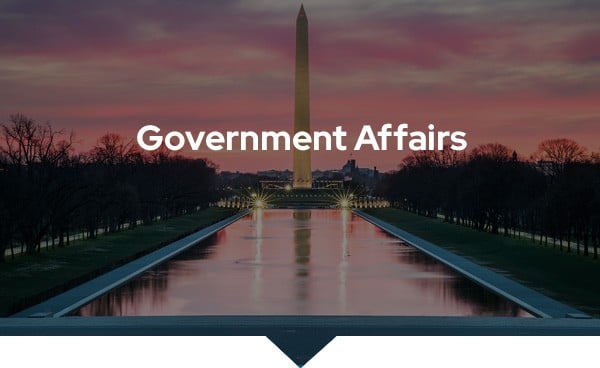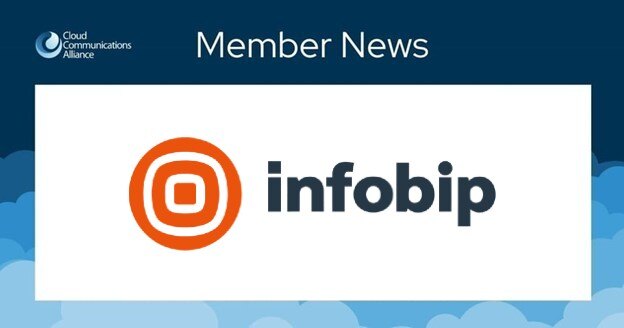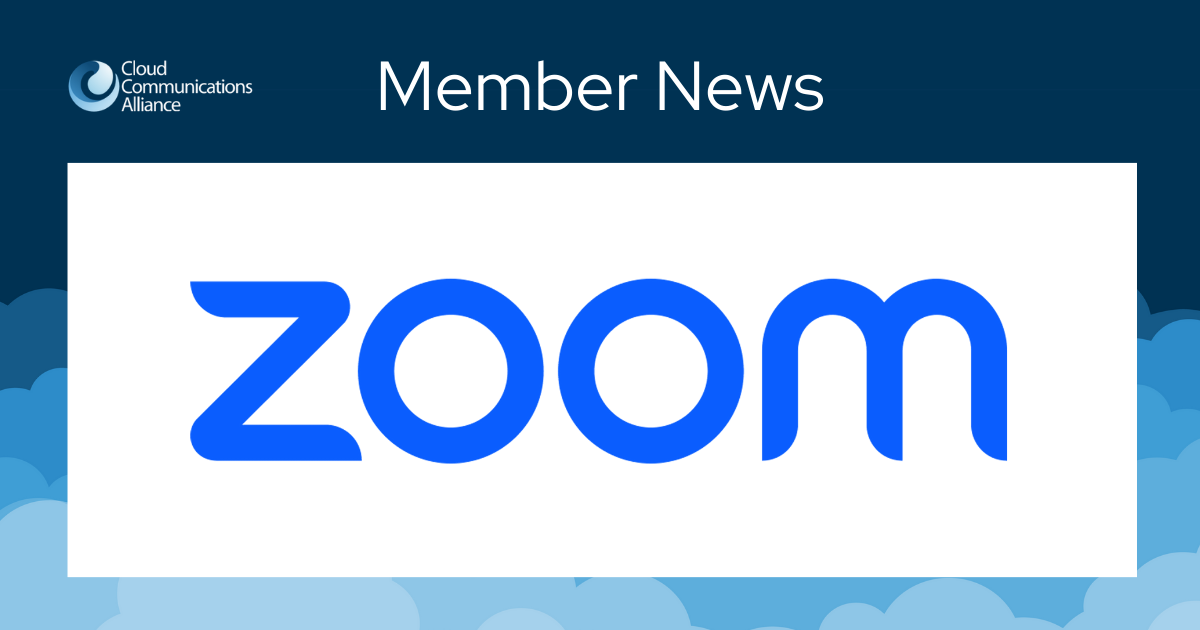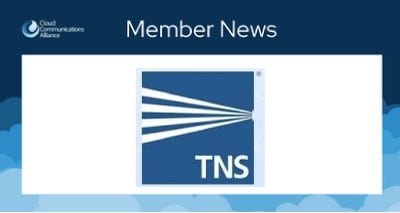FCC Takes First Robocall Enforcement Action Based on Private Entity Portal

This alert highlights an avenue for companies to identify directly to the FCC bad actors illegally spoofing their phone numbers and acts as a reminder of the importance of know-your-customer due diligence.
A nightmare for any business is to have its phone numbers illegally spoofed and used to make scam calls. The business suffers a damaged reputation and consumers call to lodge complaints. At the end of the last year, the FCC opened a web portal for private companies to submit complaints about such actions. The FCC just launched its first enforcement action based on information submitted through the private entity portal, indicating that it may be a meaningful tool for companies to identify and shut down bad actors. CCA members receiving complaints from their business customers may want to refer the customer to the portal. While it may not result in immediate action, it may help get bad actors off the network.
The enforcement action taken based on the portal is in the nature of a cease and desist order against Solid Double, LLC, which apparently originated the illegally spoofed calls using a legitimate business’s phone numbers. The business filed a complaint in the portal, launching an investigation by the FCC’s Enforcement Bureau. Although Solid Double claims to have terminated customers upon receiving notice from the FCC, the agency found that it continued to originate illegal traffic from new clients, providing “strong evidence” that Solid Double was not taking effective know-your-customer measures. One of its clients was called “Sham Telecom” [really?]. If Solid Double does not take swift corrective action the FCC may notify downstream providers to block all of its traffic or remove Solid Double from the robocall mitigation database, which also requires blocking all of its traffic.
The Commission took similar action against another provider, CallWin, based on traceback information provided by the Industry Traceback Group (“ITG”). The ITG investigated prerecorded calls flagged by Verizon Wireless as illegal robocalls made without consent. CallWin’s traffic too must be blocked by downstream providers if it does not respond adequately to the FCC. Both cease and desist orders attach the names of the customers of CallWin and Solid Double that made the apparently illegal calls. CCA members should ensure that they are not transmitting traffic from either CallWin, Solid Double or their customers identified by the FCC.
For more information on the FCC’s portal or robocall regulations, please contact the CCA’s regulatory committee or Michael Pryor at mpryor@bhfs.com.


